According to new research by scientists at The Royal Society, what you eat for breakfast before getting pregnant could affect the sex of your baby, and eating more bananas leads to the birth of a baby boy!
The study, which looked at 740 British women who were pregnant with their first child found that eating more potassium and having a more nutritious pre-pregnancy diet led to the birth of a baby boy. On average, women who conceived a baby boy had a higher calorie diet, with more protein and carbohydrates that women who conceived baby girls.

The study found that eating more potassium and having a more nutritious pre-pregnancy diet led to the birth of a baby boy.
The study also showed that women who ate more breakfast cereals before conception were more likely to be painting the nursery blue. In fact, research leader Fiona Matthews, a specialist in mammalian biology at Exeter University told the New Scientist: ‘If you want a boy, eat a healthy diet with a high calorie intake, including breakfast. Of women eating cereals daily, 59% had boys, compared with only 43% who bore boys in the group eating less than a bowlful per week.’
So it turns out breakfast really is the most important meal of the day when it comes to conceiving a boy! Matthews also addressed another old wives’ tale that suggests drinking more milk pre-conception leads to the birth of a girl, telling the Guardian newspaper: ‘the old tale about drinking a lot of milk to have a girl doesn’t seem to hold up. In fact, more calcium [in this study] meant they were again more likely to have a boy.’
Read next: 14 superfoods to tuck into if you’re trying to conceive:
Fertility superfoods
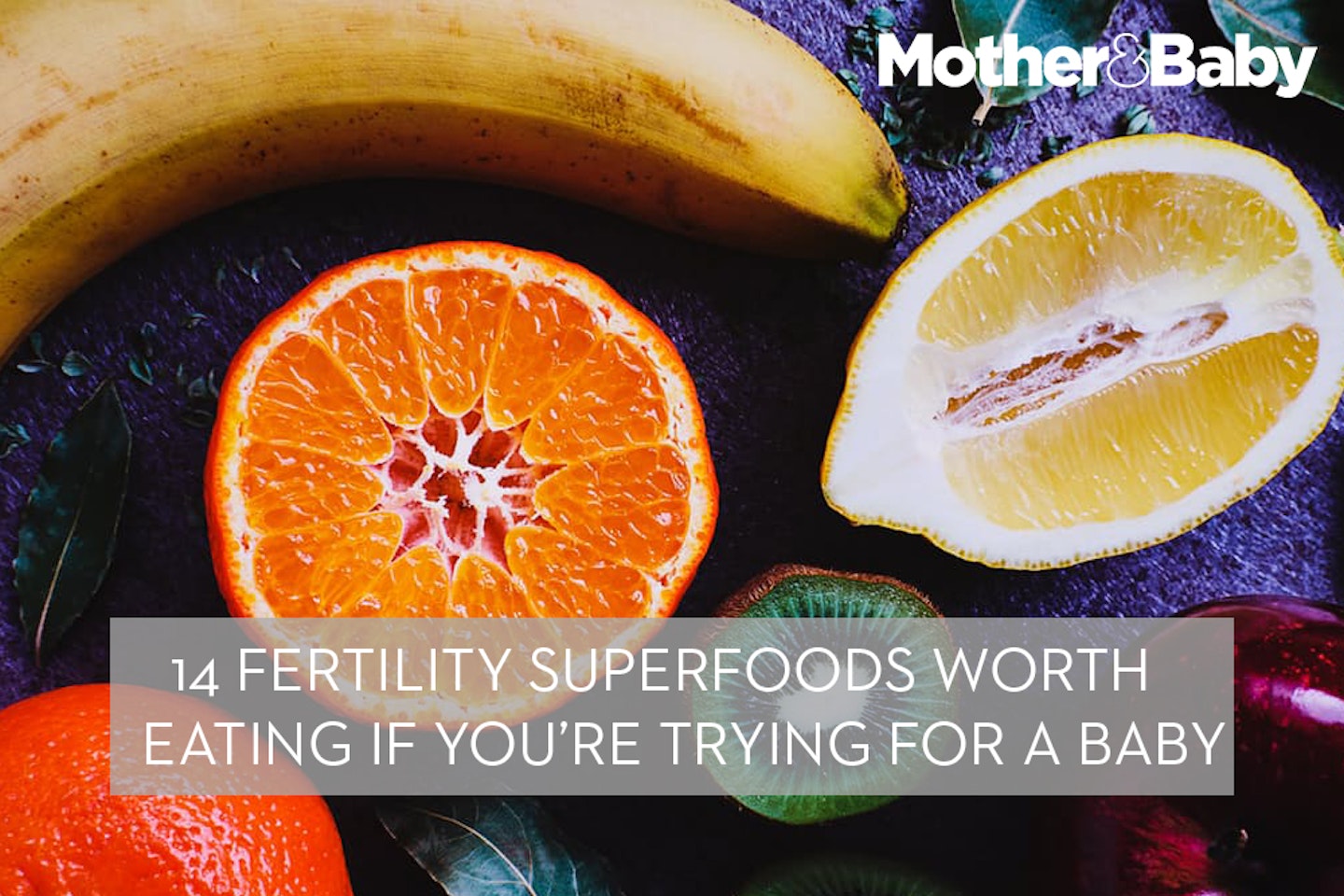 1 of 15
1 of 15superfoods
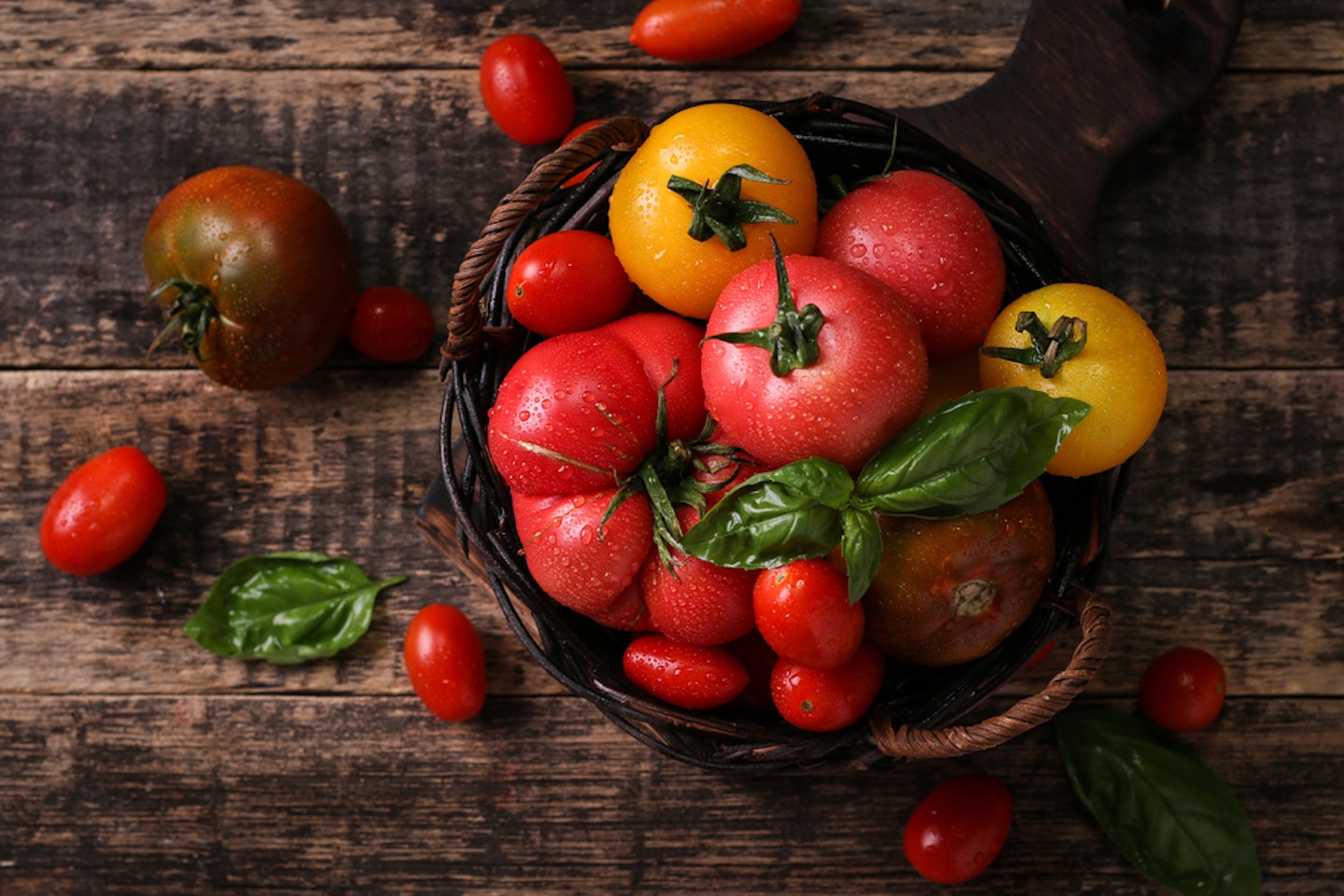 2 of 15
2 of 15Tomatoes
Packed full of a nutrient called lycopene, which has been found to boost sperm count by up to 70 per cent and increase swimming speed. Two brilliant reasons to encourage your partner to include more tomatoes in his diet.
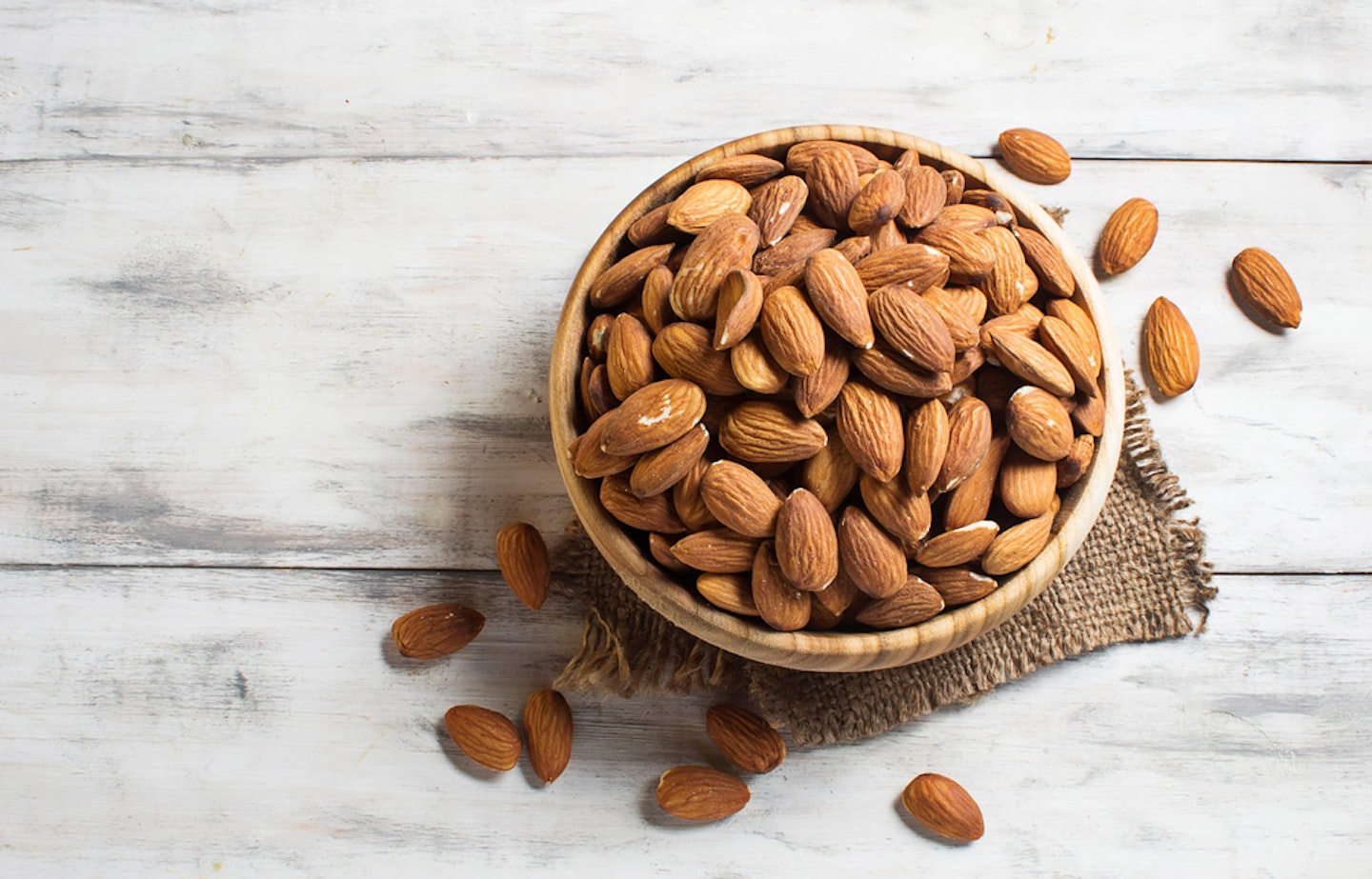 3 of 15
3 of 15Almonds
Just a handful of almonds a day can boost your man’s sperm health. They contain vitamin E, which is an antioxidant that helps to protect the DNA in both sperm and eggs. Plus, it’s thought to increase sperm production.
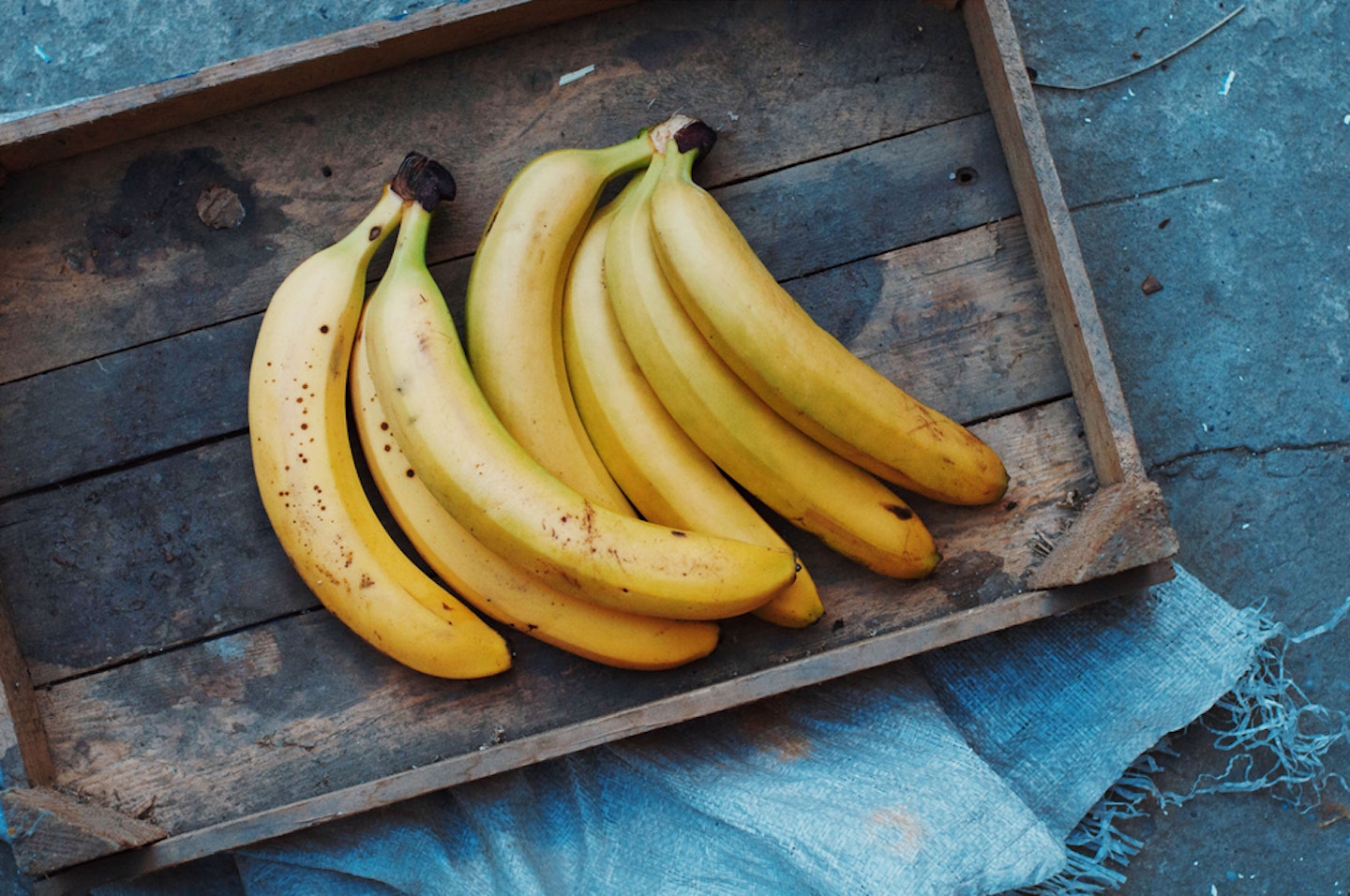 4 of 15
4 of 15Bananas
A banana should be your go-to mid-morning snack if you’re trying for a baby. Each one is packed with vitamin B6, which regulates the hormones and is needed for good egg and sperm development.
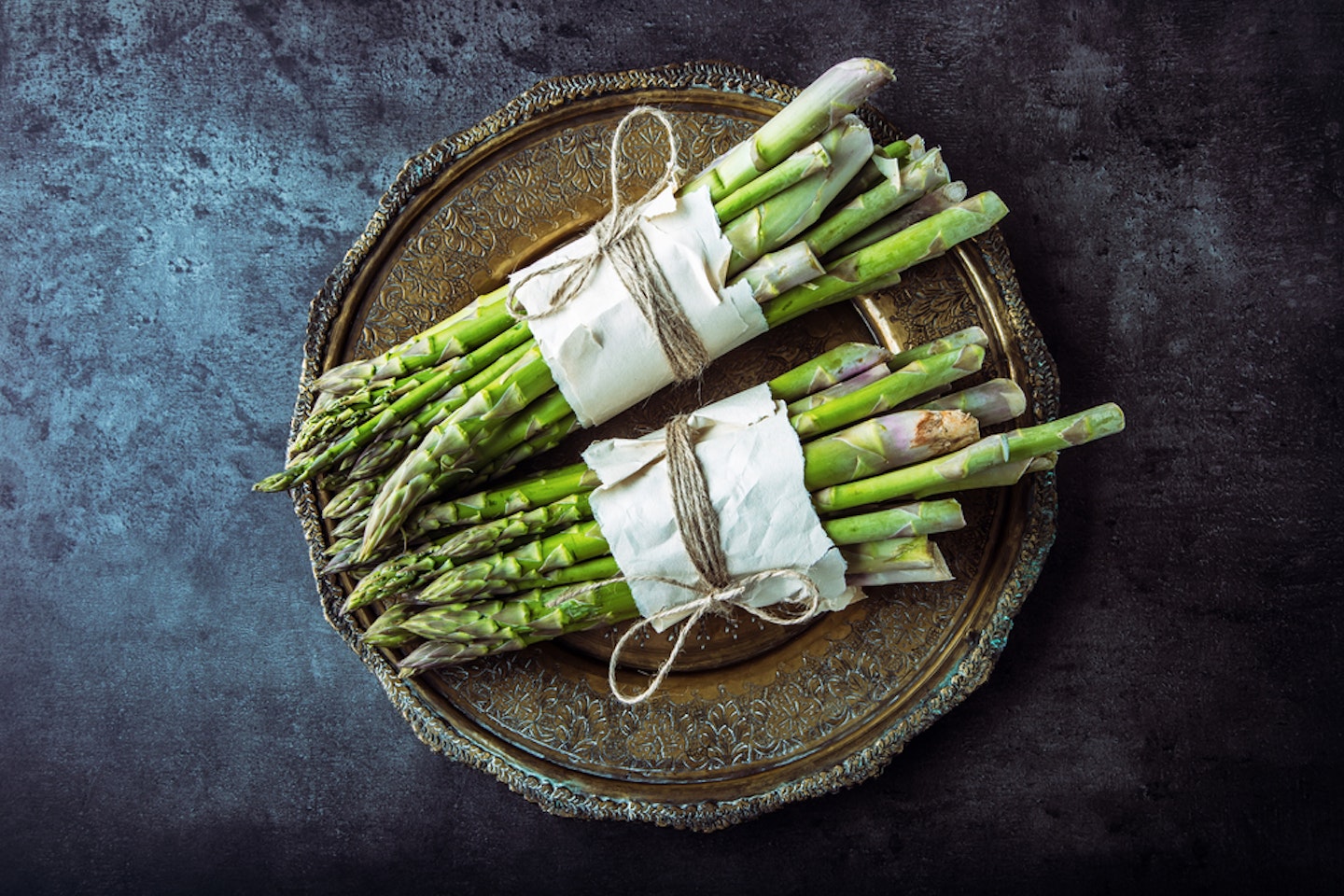 5 of 15
5 of 15Asparagus
Delicious roasted and teamed with egg or popped in a salad, asparagus is easy to add into your meals – and well worth doing, too. It’s packed with folic acid, which has been found to reduce the risk of ovulation issues and will help protect your unborn baby from neural tube defects if you do conceive. It is also a great source of vitamin K.
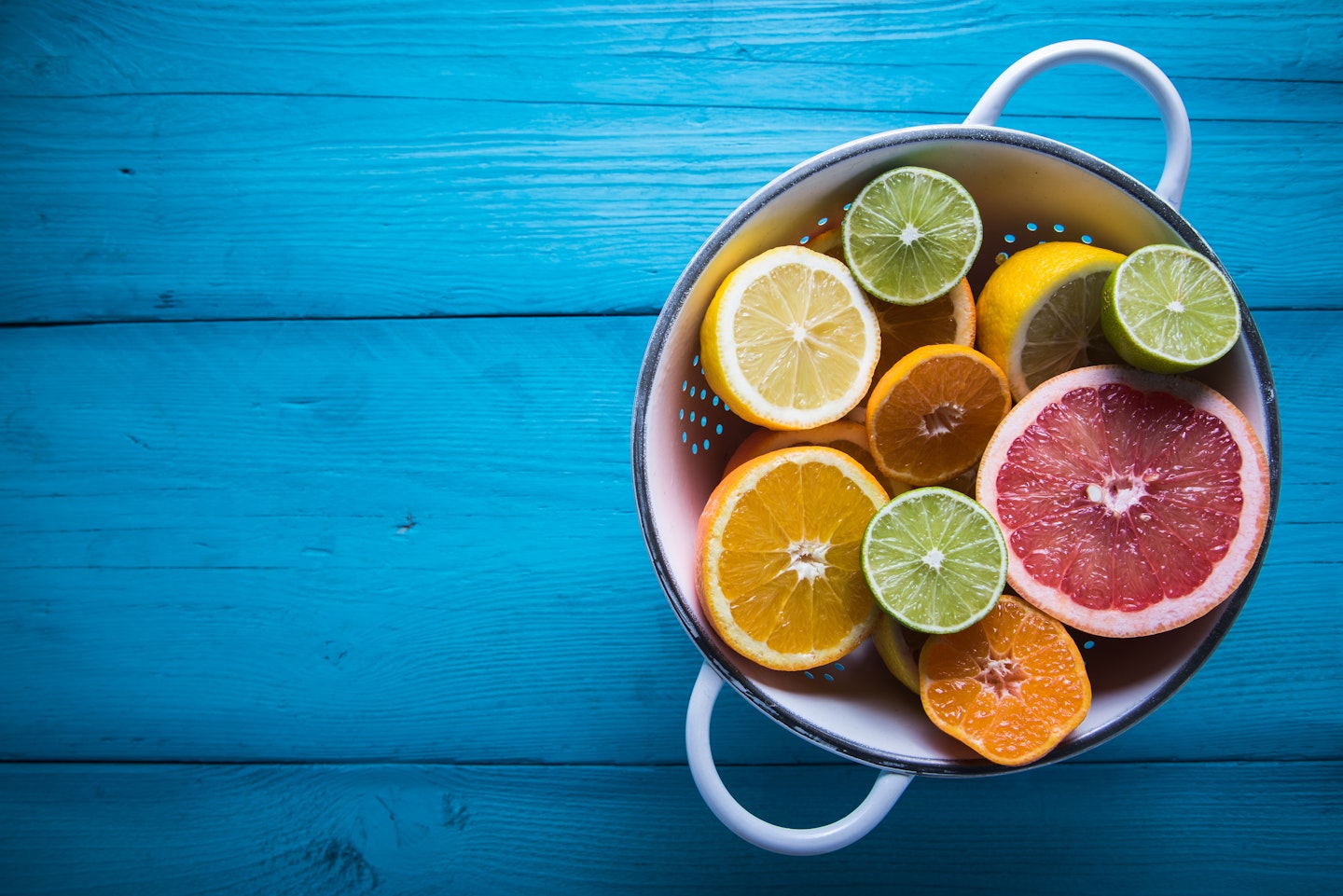 6 of 15
6 of 15Citrus fruits
Lemons, oranges and limes – they’re all packed with Vitamin C, which improves sperm quality and stops them clumping together. Vitamin C is also believed to help trigger ovulation so it's worth tucking into plenty of citrus fruits as a couple.
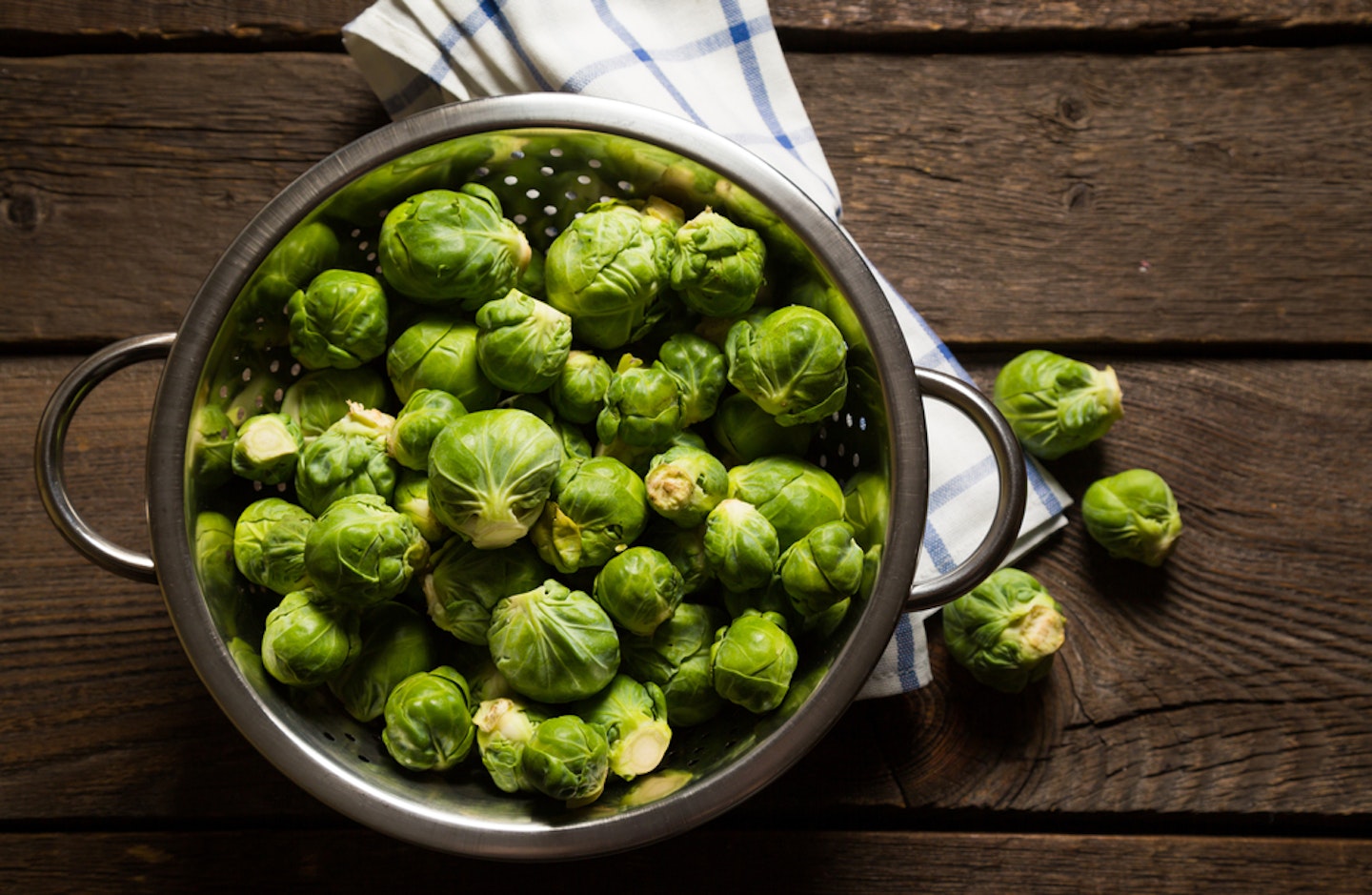 7 of 15
7 of 15Brussel sprouts
This festive food may not be everyone’s favourite veg, but it’s packed with fertility boosting properties. They contain folic acid, great for improving fertility, and are filled with vitamins and nutrients that help women absorb balanced levels of oestrogen and help the body get rid of excess hormones. Forget the mushy products of Christmases past and griddle or roast with a little oil and garlic.
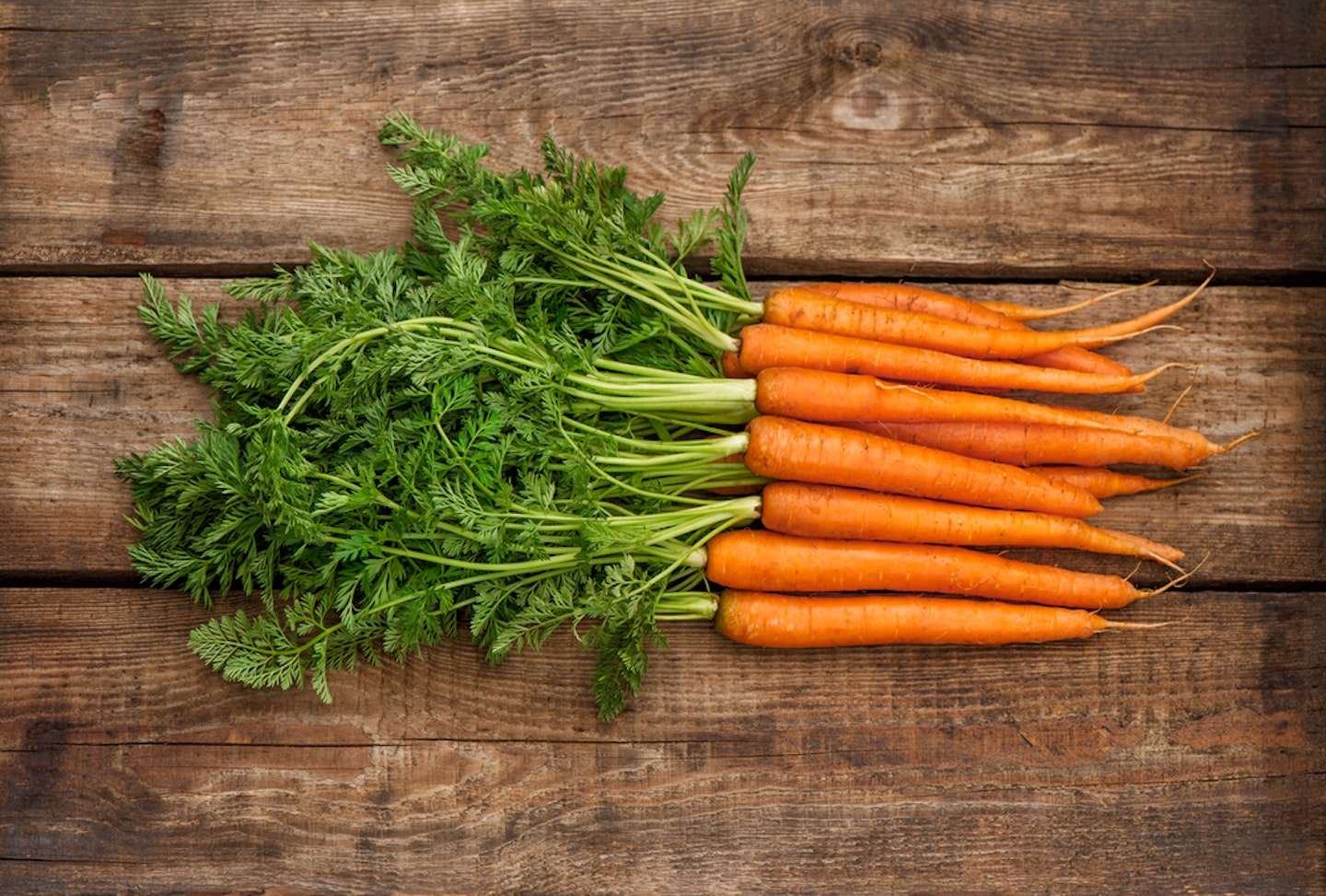 8 of 15
8 of 15Carrots
Filled with carotenoids that give carrots their colour, this veg is ideal for boosting your conception chances. Research has found that carotenoids help sperm swim towards an egg, improving sperm performance by up to eight per cent.
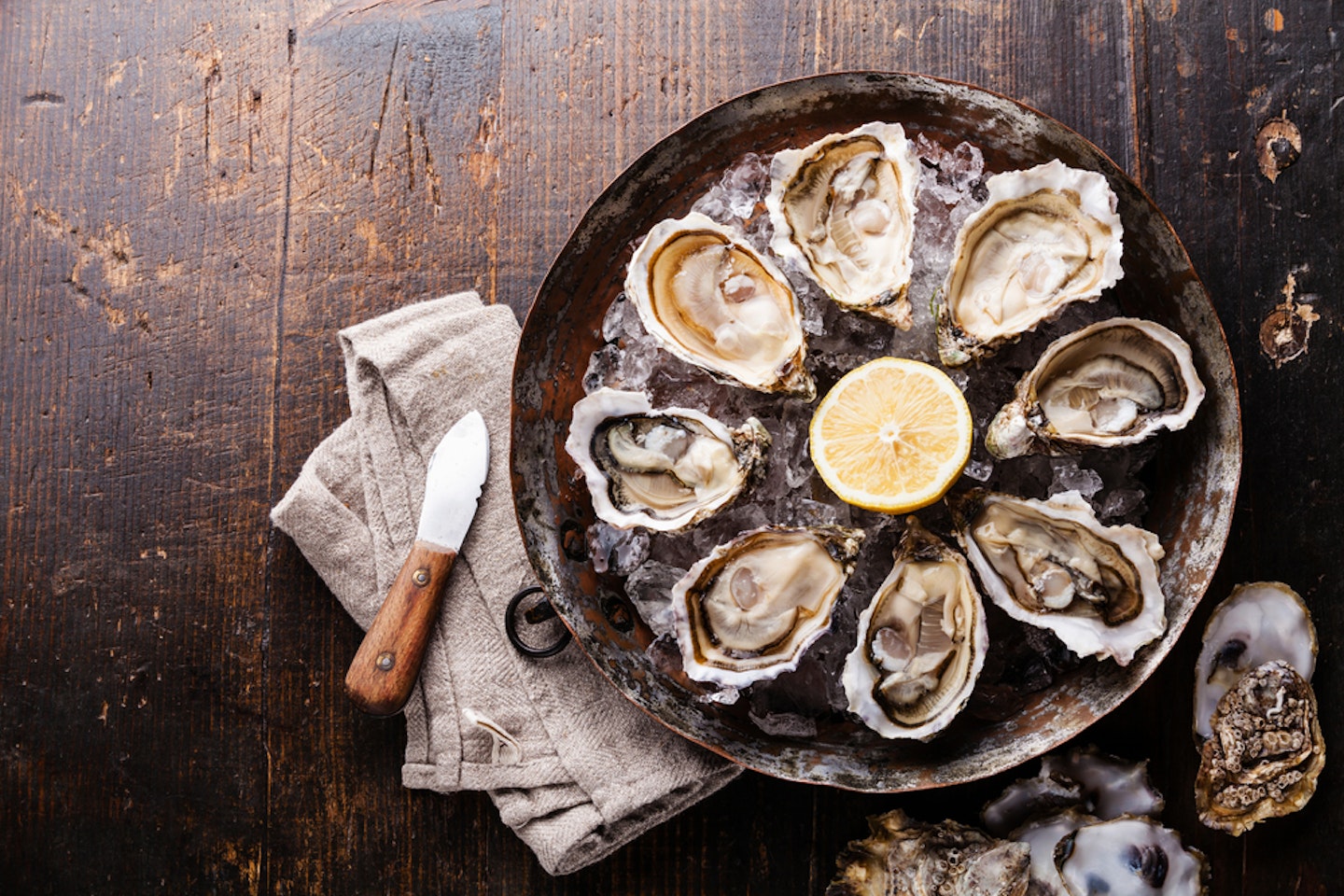 9 of 15
9 of 15Oysters
As well as being famous for being an aphrodisiac, oysters are bursting with zinc, which is crucial for conception. If you’re lacking in zinc, your menstrual cycle might be interrupted – slowing down the release of your eggs. Zinc is also an essential mineral when it comes to sperm development.
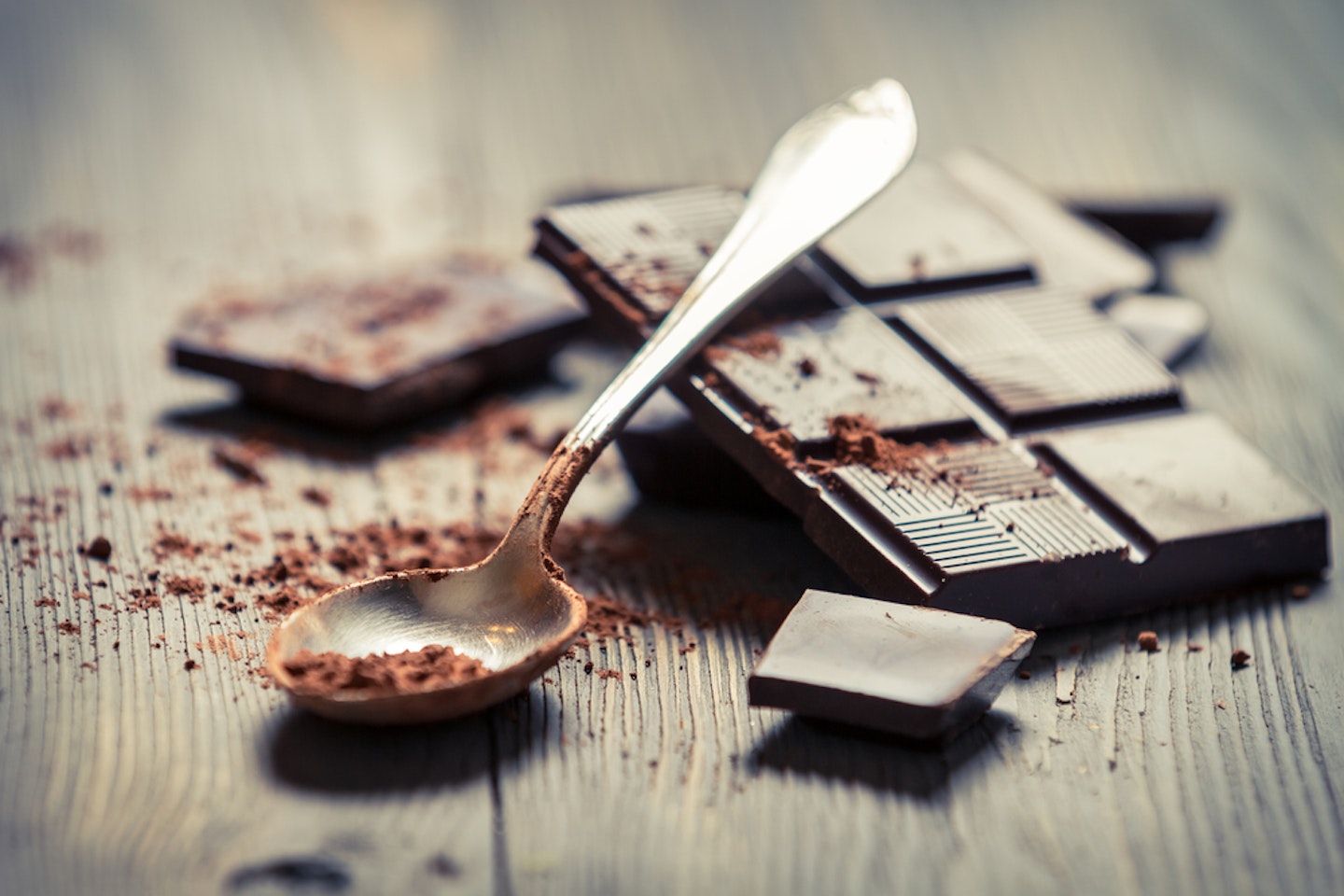 10 of 15
10 of 15Dark chocolate
You shouldn’t be as hard pressed to encourage your man to up his chocolate intake – but make sure it’s high in cocoa levels. It contains amino acid that has been proven to double sperm and semen volume and is also filled with antioxidants, which defend against free radicals and toxins linked to male infertility.
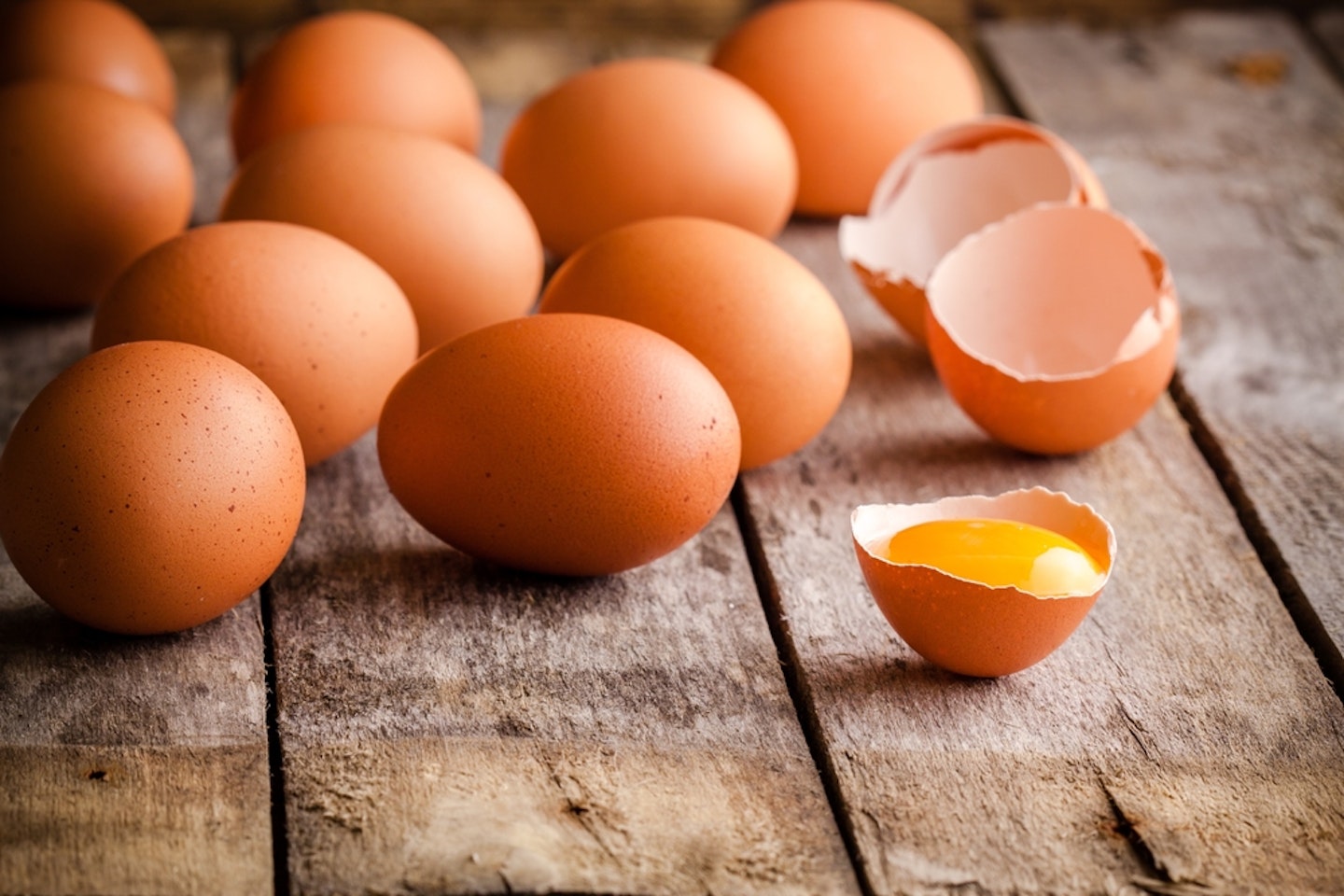 11 of 15
11 of 15Eggs
Eggs contain vitamin D, thought to help increase fertility levels in women and linked to healthy semen quality and sperm motility in men. Plus they’re a pretty healthy breakfast option to add into your day.
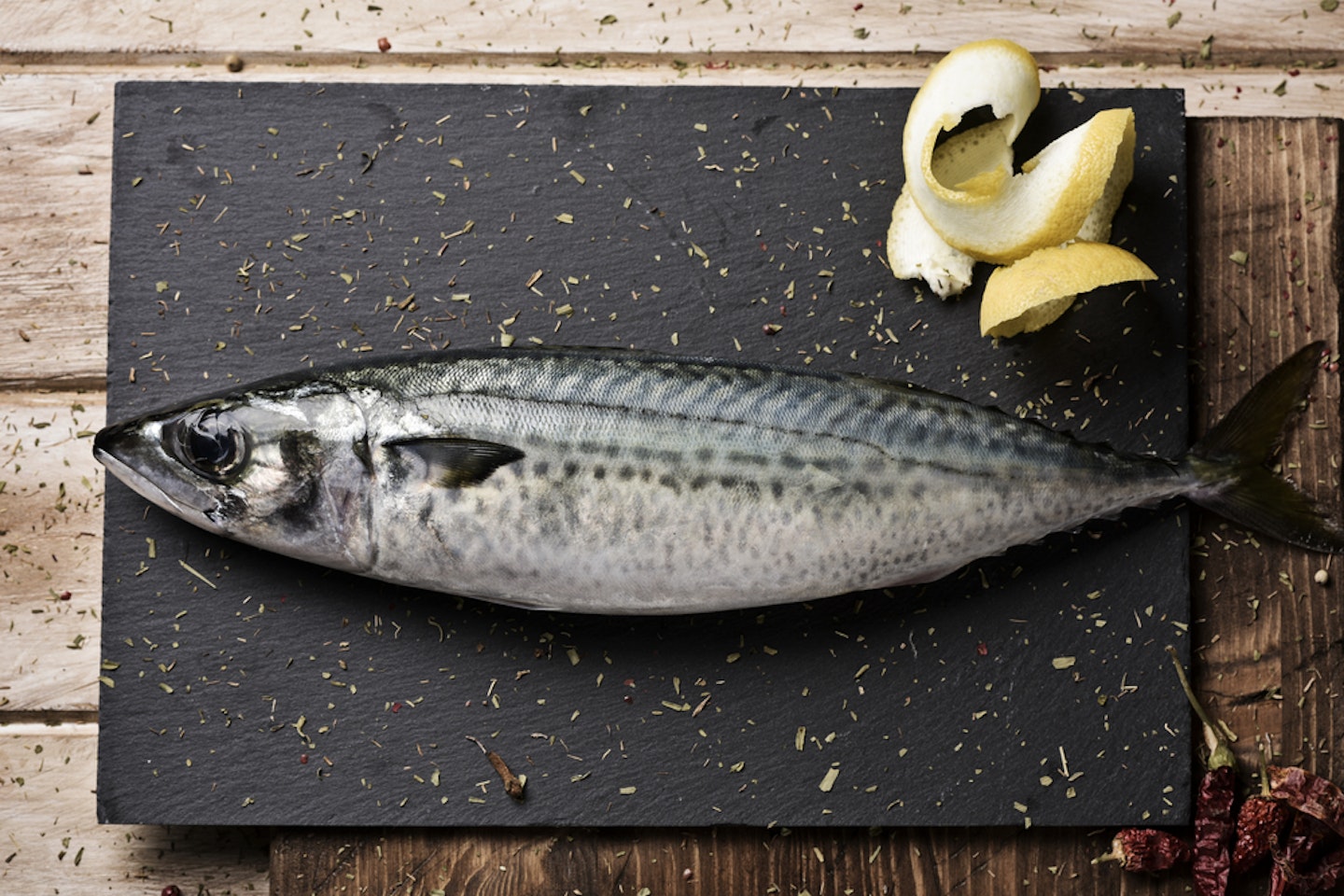 12 of 15
12 of 15Mackerel
This fish should definitely be your friend when trying for a baby. It’s bursting with fatty acids that help keep your reproductive system strong and your partner’s cholesterol levels low – allowing his sperm to mature properly.
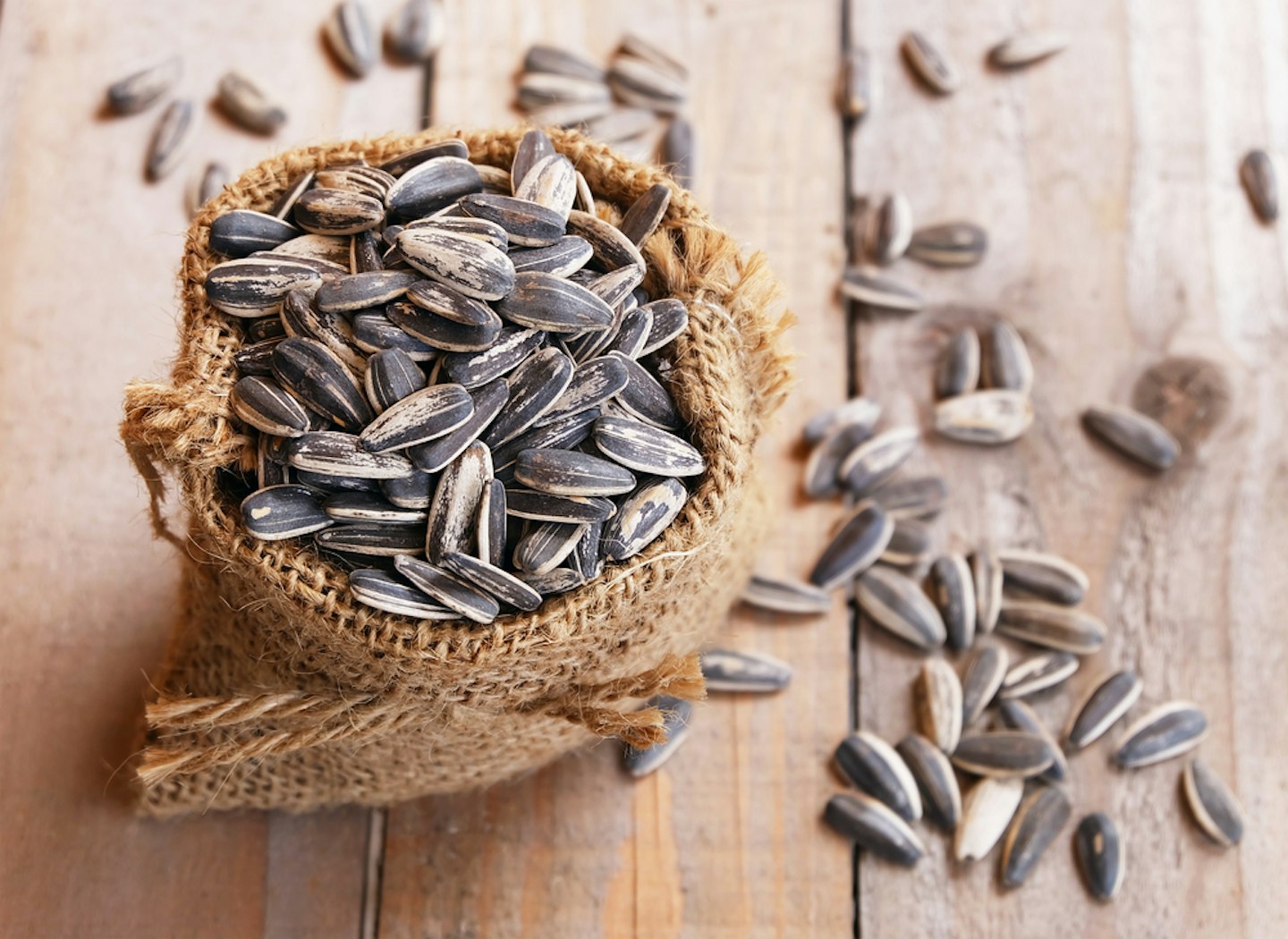 13 of 15
13 of 15Sunflower seeds
Packed with zinc – the most important mineral for male and female fertility – sunflower seeds are great for getting your body in baby-making mode.
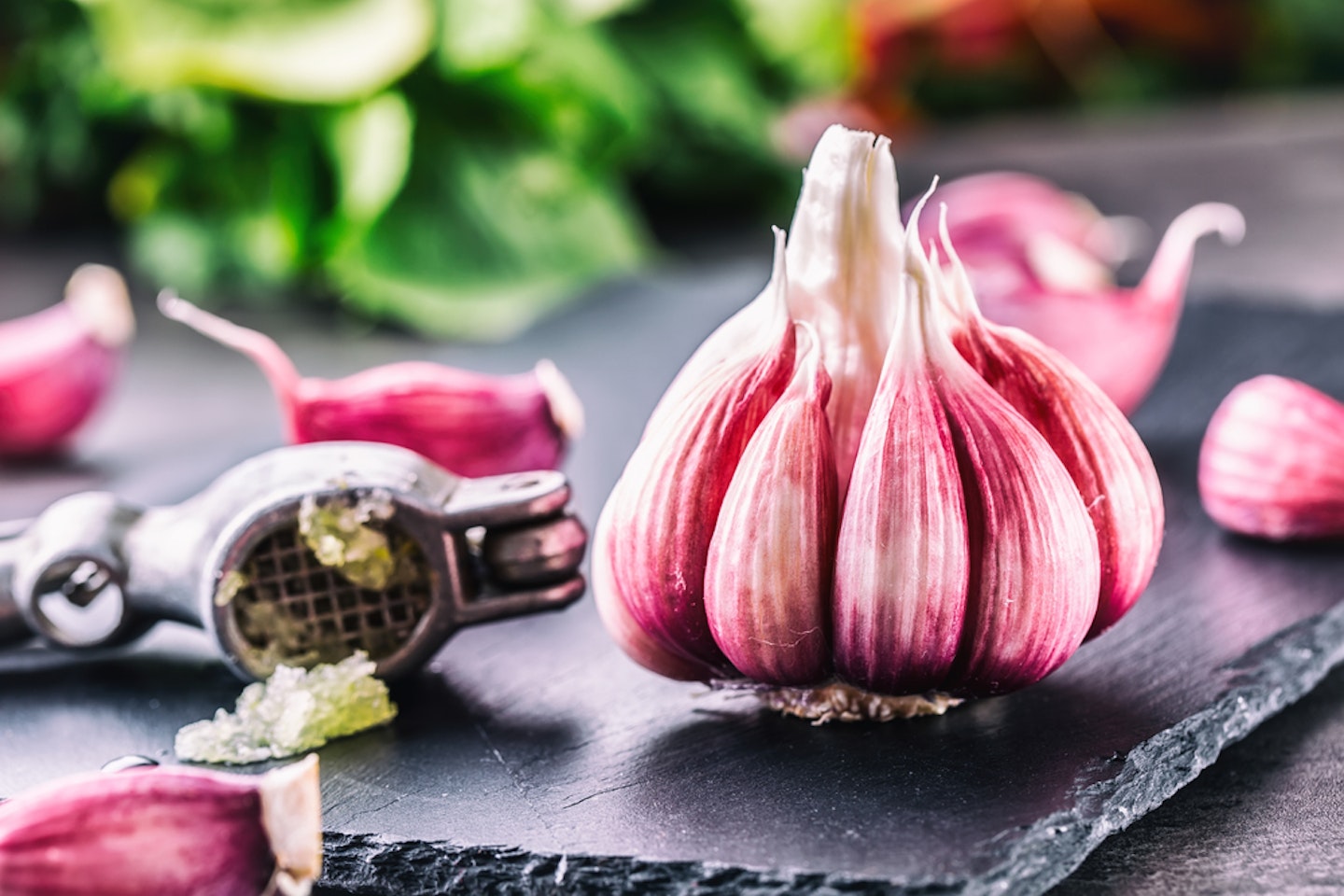 14 of 15
14 of 15Garlic
Garlic is a great conception booster for men. It contains allicin, which improves blood flow to his sexual organs and protects sperm from damage, and selenium, an antioxidant that improves sperm quality.
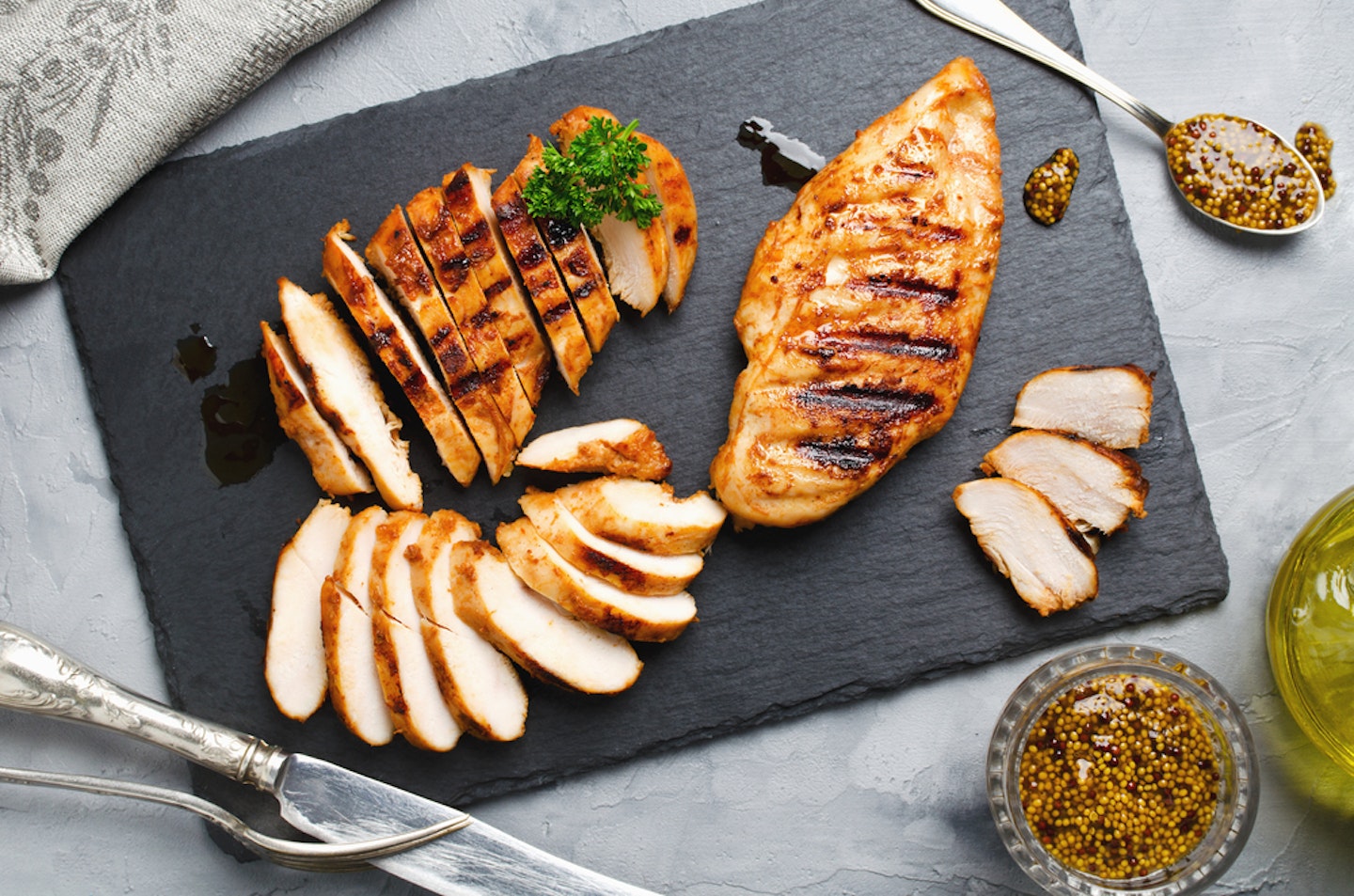 15 of 15
15 of 15Chicken
Protein is really important for your egg production – and gram for gram chicken is a great source. But hold off on that Atkins diet while trying to conceive, as high-protein diets aren’t advised pre-pregnancy. Get your fill by trying out Mary Berry’s parmesan-crusted chicken recipe or rustle up a delish griddled Vietnamese chicken with salad.
